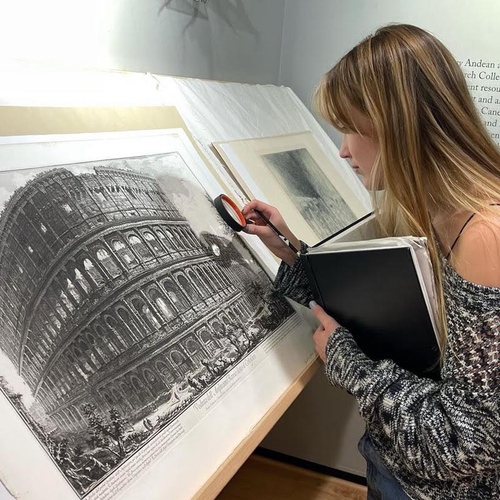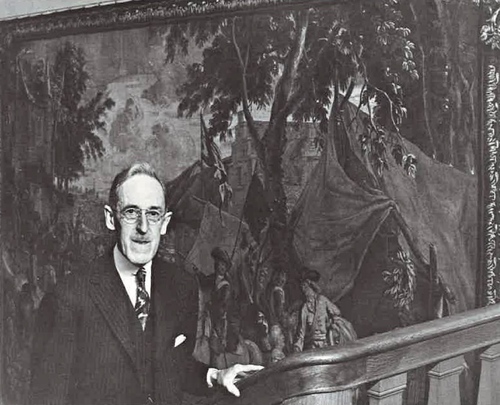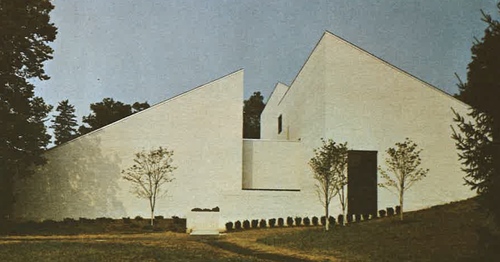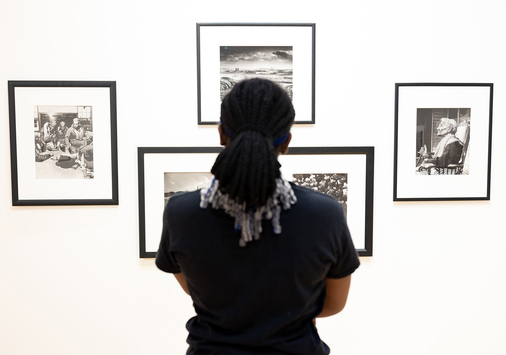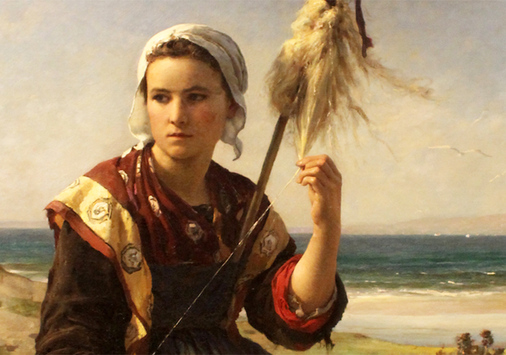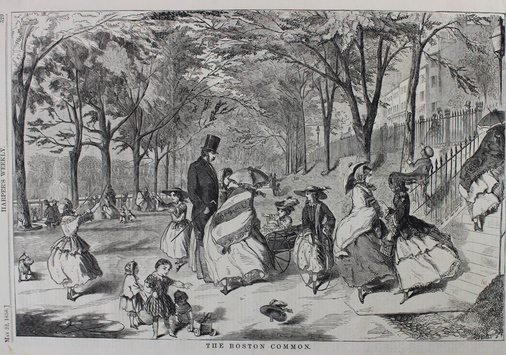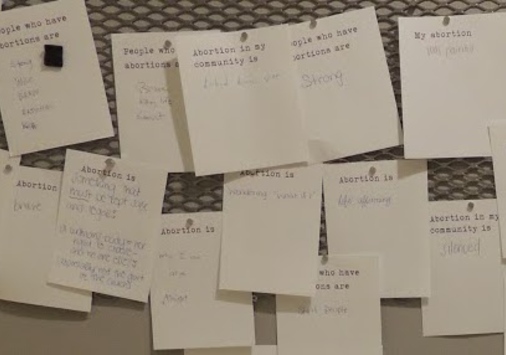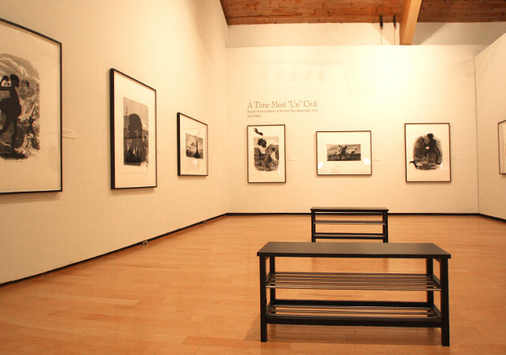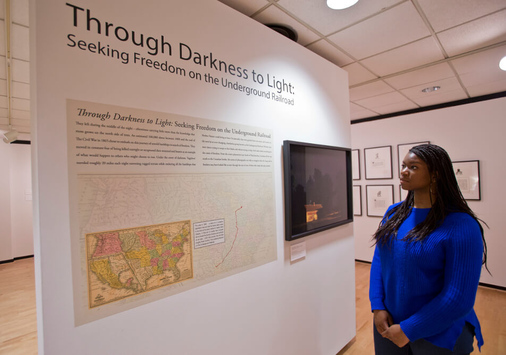About
We are a Teaching Museum
Located on the lower level of Burke Hall (now part of the Eisner Center) since 1973, the Denison Museum supports and enhances Denison University’s liberal arts curriculum.
With a teaching collection of more than 9,000 objects of cultural, historical, scientific, and artistic significance, the Museum provides experiential, object-based learning experiences across the disciplines. Curated exhibitions spark intellectual curiosity, critical conversation, and collaboration.
To learn more, visit Teaching & Learning.
Our Mission
As a teaching museum, the Denison Museum engages in and supports learning and inquiry in the liberal arts through its collection and exhibitions. The Museum serves all divisions of the college by integrating object-based learning into the curriculum. World-class exhibitions create a space for interdisciplinary engagement and dialogue, helping infuse the arts across the campus community.
The Denison Museum is committed to the transformative power of liberal education. It strives to provide inclusive, innovative, interdisciplinary learning experiences that enhance the intellectual life of diverse audiences, including Denison students, faculty, staff, academic researchers, and public.
Our History
Denison’s commitment to building an art collection, initiated in 1945 by Trustee Edmund G. Burke, marked a clear recognition of the importance of art to a liberal education. In addition to fine art, over the following decades Denison acquired important Burmese and Guna Indian artifacts as a result of the college’s historic affiliation with the Baptist missionaries and Denison alumni active in East Asia and Central America.
Today, about a third of the collection is made up of objects from East Asia, including Burma (Myanmar), Vietnam, Thailand, China, and Japan. Highlights include the collections of Burmese textiles, Thai and Burmese Buddhas, Japanese netsuke, and Chinese rubbings.
The Museum also has substantial holdings from the Central American Guna culture, including ritual objects, wooden sculptures, and Mola textiles. Other notable collections include prints, drawings, and paintings by European and North American artists, as well as items from Africa and from ancient Babylon, Egypt, Greece, and Rome.
The Museum’s collection has been located on the lower level of Burke Hall (now part of the Eisner Center) since 1973.
Initially housed in an “Art Treasure Room” in the Denison library, the Museum’s collection has been located on the lower level of Burke Hall (now part of the Michael D. Eisner Center for the Performing Arts) since 1973. After decades of neglect, major upgrades to storage facilities and environmental, security, and pest control systems were made starting in 2003, and the teaching collection was fully re-housed during the construction of the Eisner Center in 2018-19.
Grant-funded initiatives supporting curatorial research, collection inventory, and the creation of a digital catalog have given the Museum intellectual control of the collection and made it publicly accessible for the first time.
Formally designated a museum in 2006 and a teaching museum in 2011, the Denison Museum focuses on helping faculty members integrate objects from the teaching collection and exhibitions into the core learning objectives of their courses. Over a hundred classes—in studio art, art history & visual culture, modern languages, anthropology and sociology, women and gender studies, education, and history, among many others—make use of the Museum’s collections and exhibitions each year.
